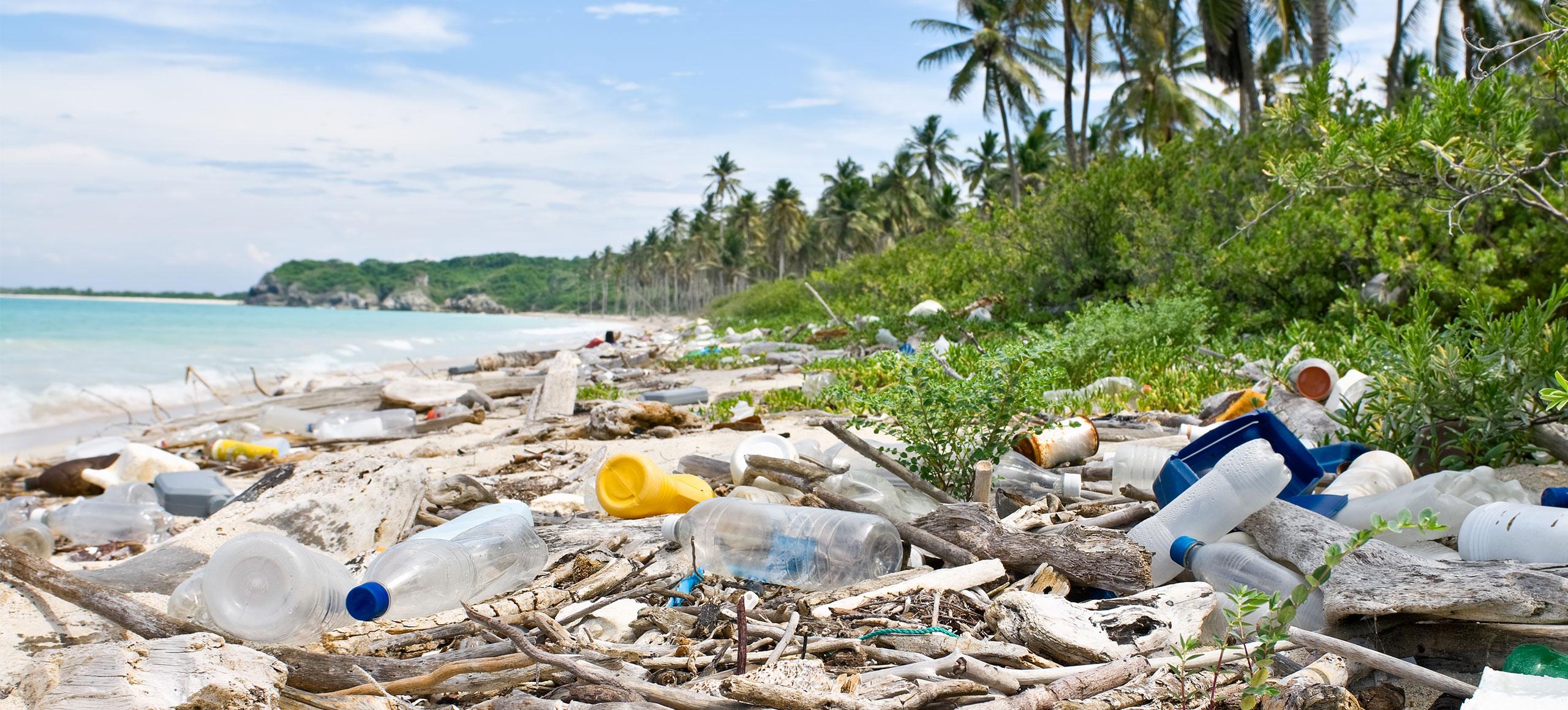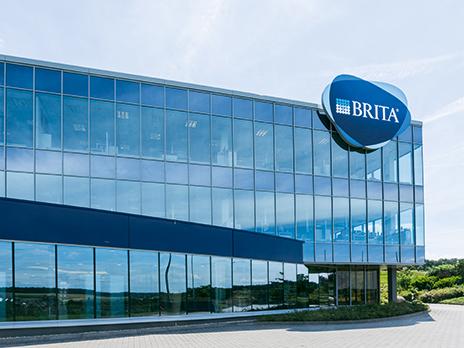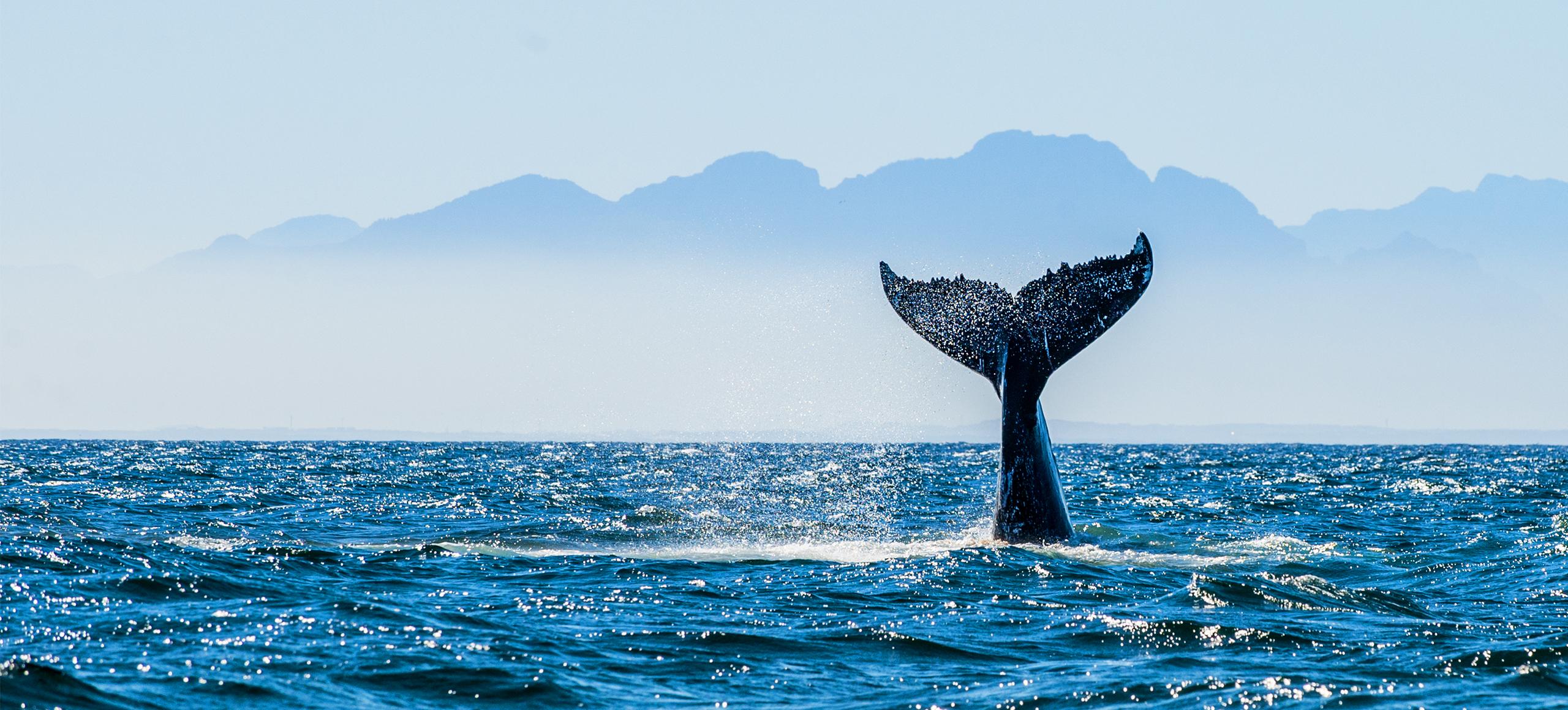As we look to find solutions to the current environmental crisis, listening to the scientists dedicating time to researching these issues is imperative.
BRITA continues to work with its charity partners to understand how we can help address the sustainability challenges and opportunities faced by our customers and consumers.
In October 2021, we spoke to Dr Heidi Pearson, Associate Professor of Marine Biology, University of Alaska Southeast and key research partner of BRITA’s charity partner Whale and Dolphin Conservation (WDC). Here’s what she said…





